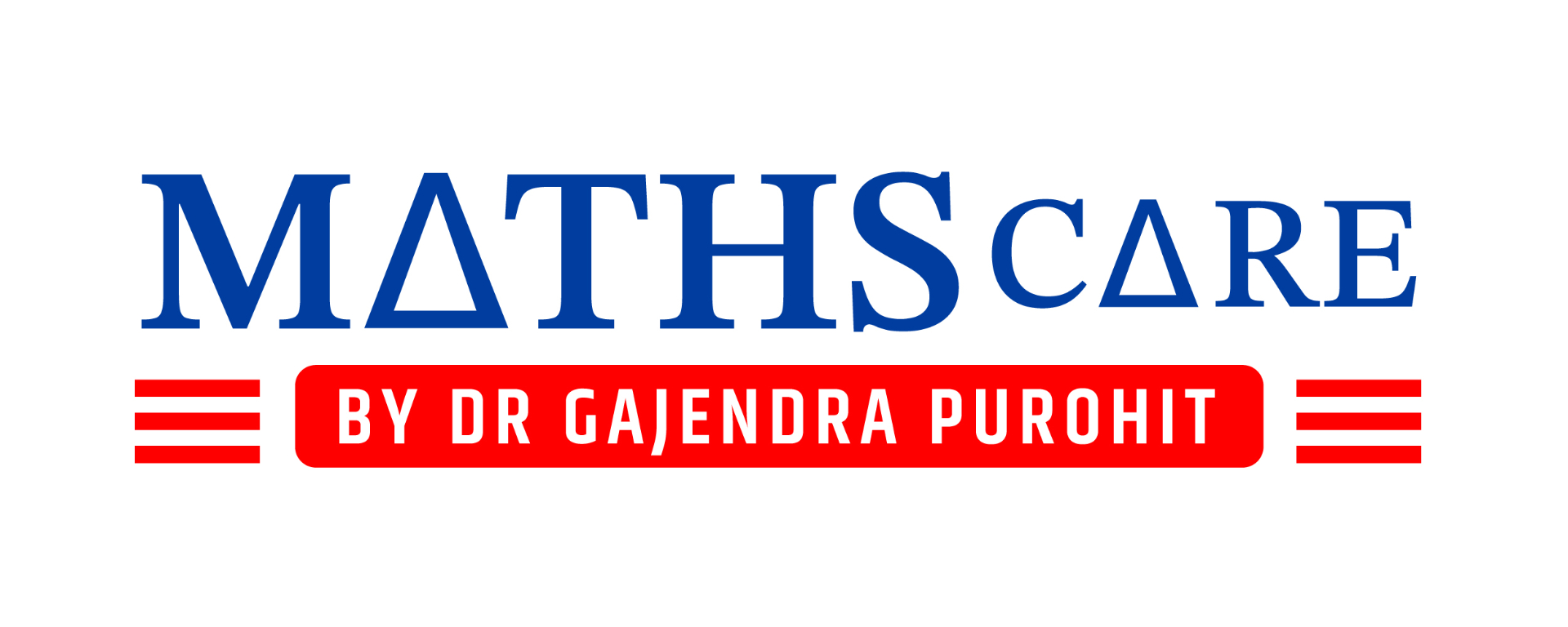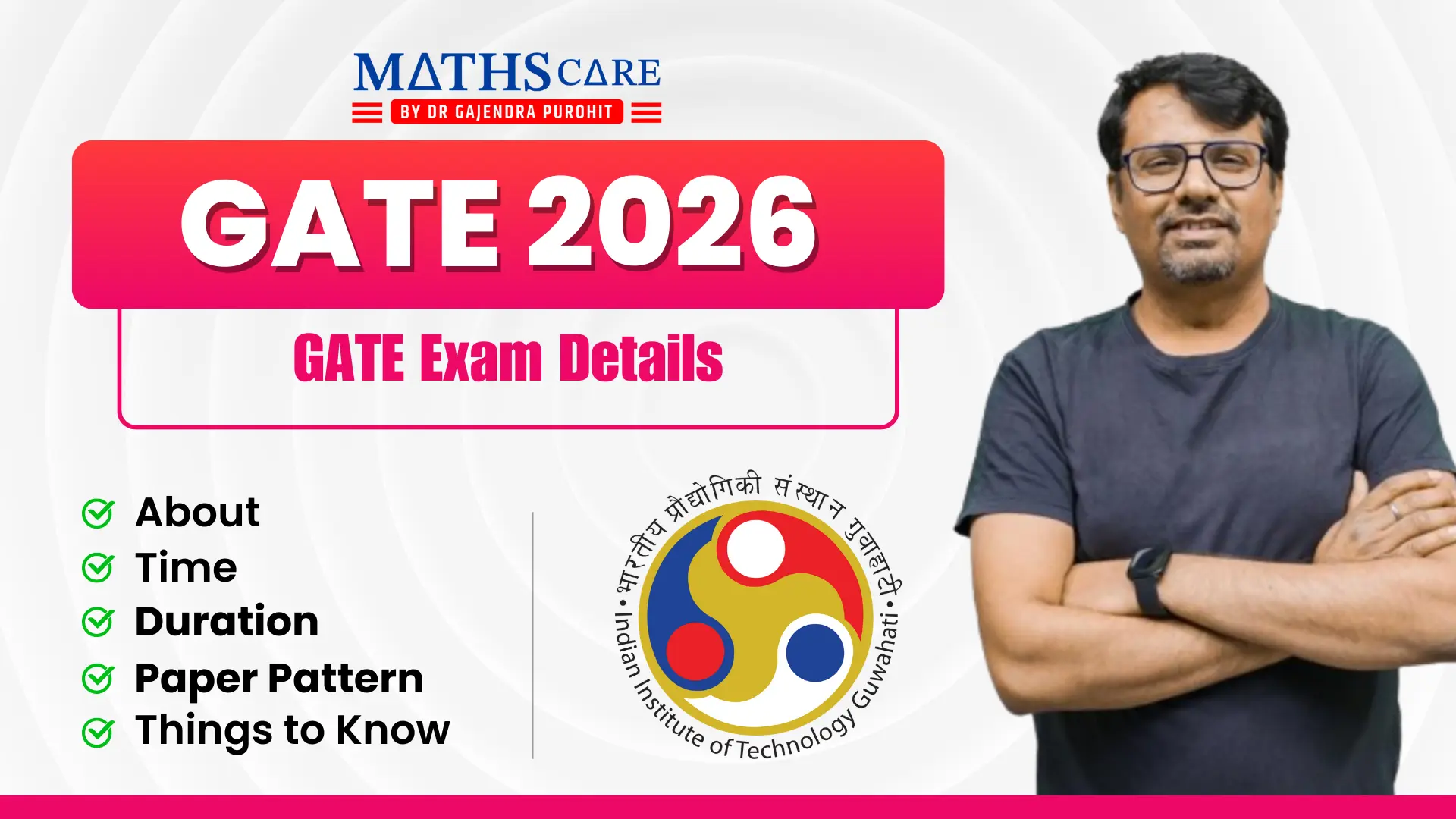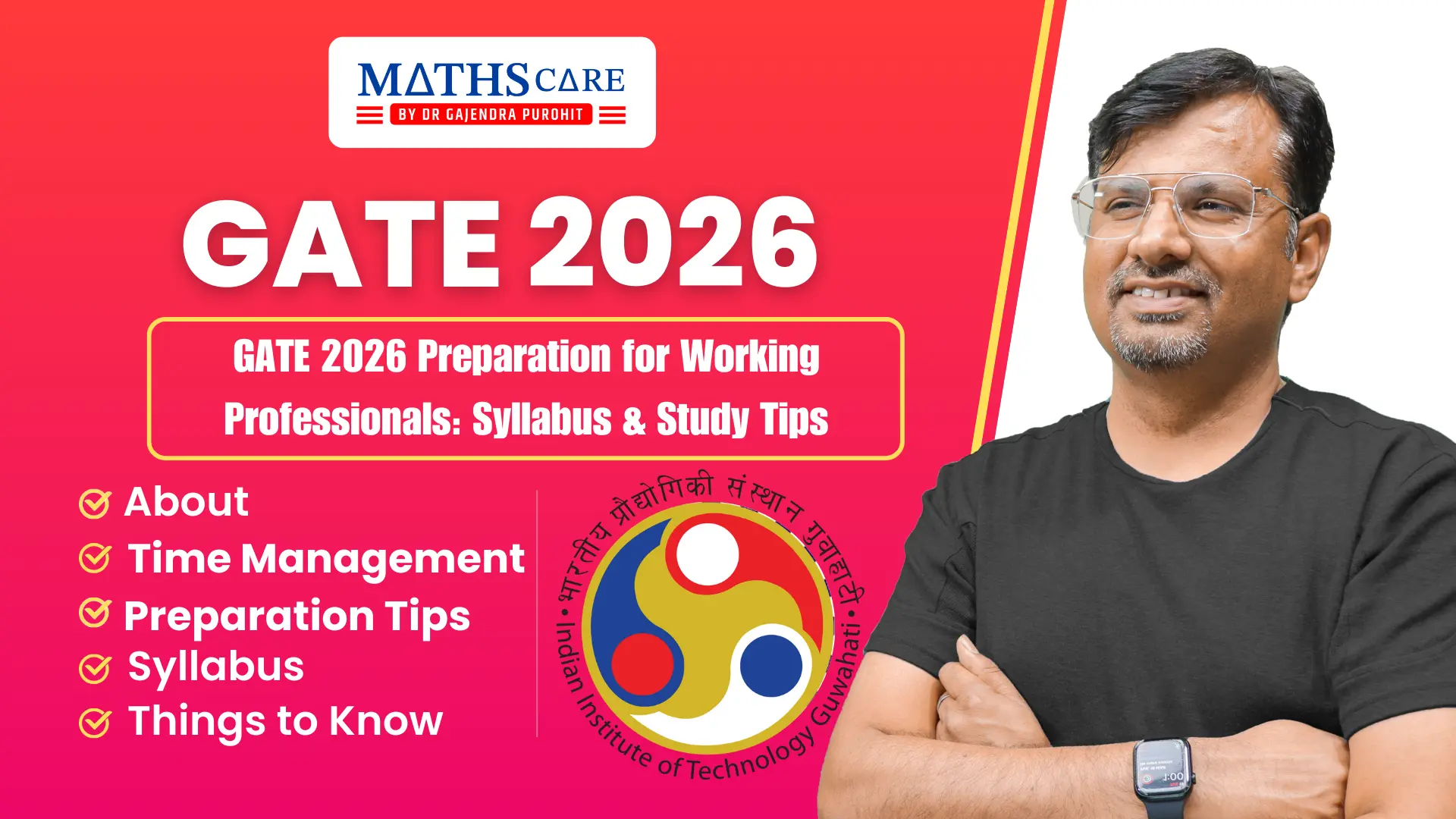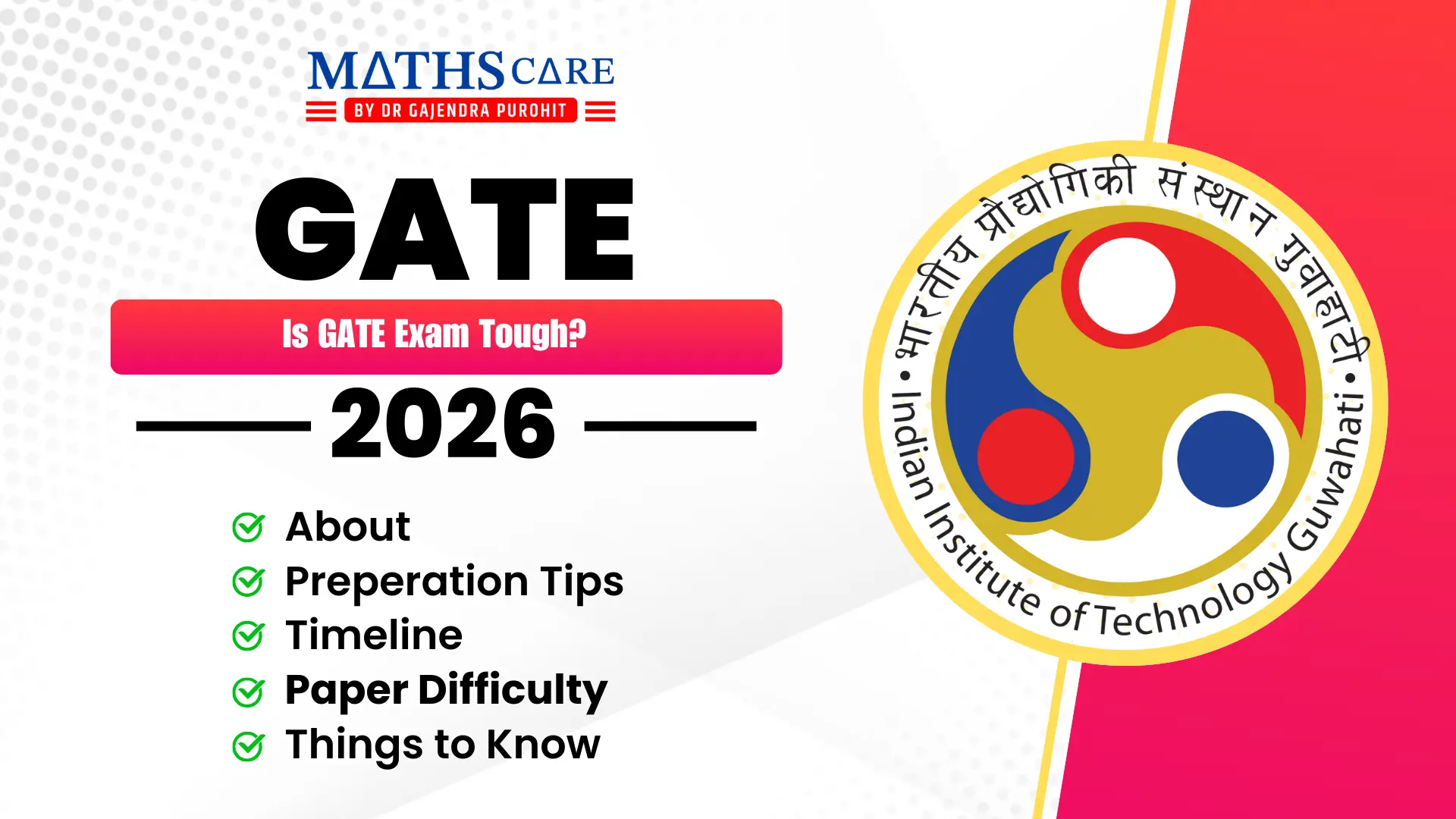What Is GATE Exam? GATE Examination Details & Benefits in 2026
GATE (Graduate Aptitude Test in Engineering): The Graduate Aptitude Test in Engineering (GATE) is one of the most important national-level entrance examinations in India. Conducted annually, it not only opens the door to postgraduate education in top institutions like IITs, NITs, and IISc but also acts as a benchmark for recruitment in various Public Sector Undertakings (PSUs). With GATE 2026 approaching, students from engineering, science, humanities, and interdisciplinary backgrounds are looking to better understand what this exam entails. In this blog, we provide a complete overview of the GATE exam, including its structure, timeline, benefits, and eligibility for 2026.
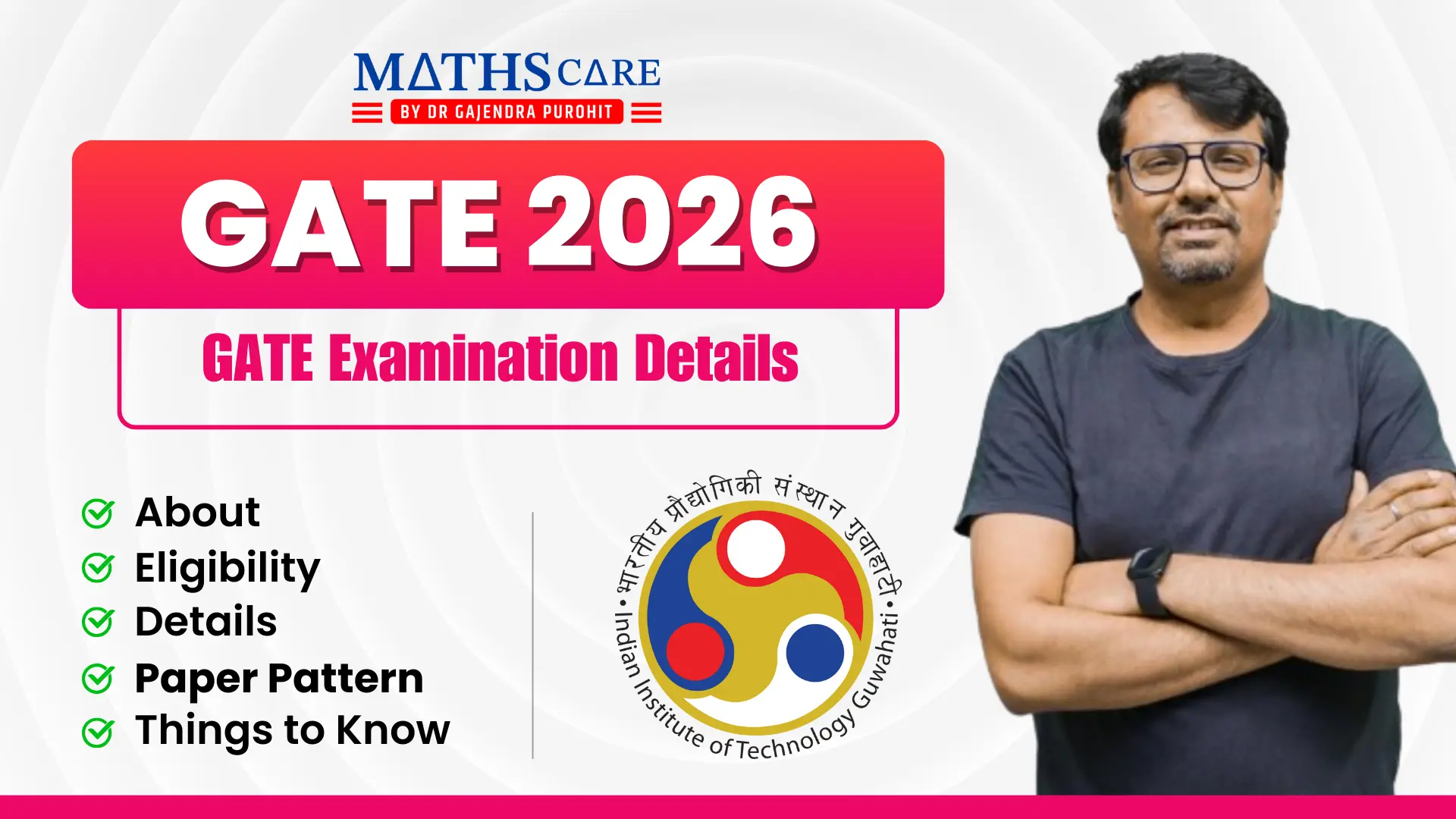
What Is the GATE Exam?
GATE is a Computer-Based Test (CBT) that assesses the candidate’s understanding of subjects from their undergraduate curriculum in engineering, science, architecture, commerce, and humanities. The exam is jointly administered by the Indian Institute of Science (IISc) and seven IITs (Bombay, Delhi, Guwahati, Kanpur, Kharagpur, Madras, and Roorkee) under the National Coordination Board of the Ministry of Education. Its primary objectives are to evaluate students for higher education admissions, grant scholarships, and facilitate job placement in various government sectors. GATE scores are valid for three years from the date of result declaration.
Eligibility Criteria for GATE 2026
GATE 2026 has a flexible and inclusive eligibility framework. Candidates from various academic backgrounds such as Engineering, Technology, Science, Architecture, Humanities, and even Commerce are eligible. Here’s how the eligibility works:
You must be currently in the third year or beyond of an undergraduate degree program.
Alternatively, you must have already completed a degree in one of the accepted disciplines such as B.E., B.Tech, B.Sc (Research), B.Arch, B.Pharm, M.Sc, M.A., MCA, or an equivalent qualification.
There is no minimum percentage requirement to apply for GATE.
There is no upper age limit, making the exam suitable even for working professionals or those planning a mid-career academic shift.
Candidates must ensure their qualifying degree is recognized by the Ministry of Education, Government of India, or a relevant accrediting authority. International candidates from countries like Bangladesh, Nepal, Sri Lanka, Ethiopia, and the UAE are also eligible under the same academic criteria.
GATE 2026 Timeline (Tentative)
The schedule for GATE 2026 is expected to follow the structure of previous years. Although the final dates will be released by the organizing institute, the tentative timeline is as follows:
Late August 2025: GOAPS portal opens for online registration
Early October 2025: Last date for regular registration without late fee
Mid-October 2025: Last date for extended registration with late fee
First Week of January 2026: Release of admit cards
First and Third Weekends of February 2026: Exam dates (likely 1–2 and 15–16 Feb)
Last week of February 2026: Release of answer keys and challenge window opens
Mid-March 2026: Result declaration and scorecard availability
Applicants should bookmark the official GATE portal and the organizing IIT’s website for updates and download official notifications as soon as they are available.
GATE 2026 Organizing Institute
GATE 2026 will be organized by IIT Guwahati, which has previously conducted the exam in 2010 and 2018. As the organizing body, IIT Guwahati will oversee the publication of the official brochure, activation of the GOAPS application portal, setting and moderation of question papers, and post-exam processes like answer keys, results, and scorecards.
The organizing institute’s academic approach can subtly influence the paper’s tone. For example, GATE 2018’s Mathematics paper (also organized by IIT Guwahati) was noted for its conceptual depth and emphasis on logical reasoning. Aspirants can reasonably expect a similar standard and orientation in GATE 2026.
Exam Structure and Marking Scheme
The GATE exam is conducted online and has a 3-hour duration, with a total of 100 marks. The question paper consists of:
General Aptitude Section (15 marks): This part is common to all papers and includes questions on verbal ability, numerical reasoning, and analytical skills.
Subject-specific Section (85 marks): Covers in-depth questions from the chosen discipline.
Questions are of three types:
Multiple Choice Questions (MCQs): One correct option among four.
Multiple Select Questions (MSQs): One or more correct options.
Numerical Answer Type (NAT): Answers must be entered manually without options.
There are 30 subject papers to choose from. Candidates can opt to appear in one or two papers, based on allowed combinations. The marking scheme includes both 1-mark and 2-mark questions. Negative marking is applicable only for MCQs.
Syllabus for GATE 2026 Mathematics
The GATE Mathematics (MA) paper tests a candidate’s mastery over fundamental and advanced mathematical concepts. The syllabus is broad, covering multiple domains:
Linear Algebra: Systems of linear equations, matrix algebra, eigenvalues and eigenvectors
Calculus: Limits, continuity, differentiability, applications of derivatives and integrals, multivariable calculus
Real Analysis: Sequences, series, functions, continuity, convergence, Riemann integration
Complex Analysis: Analytic functions, Cauchy’s theorem, Laurent series, residues
Differential Equations (ODEs and PDEs): First and higher-order equations, methods of solution, classification of PDEs
Numerical Analysis: Root-finding algorithms, numerical integration, interpolation, error analysis
Probability and Statistics: Probability distributions, expectation, variance, statistical inference
Abstract Algebra: Groups, rings, subgroups, homomorphisms, quotient structures
Topology: Open and closed sets, continuity, compactness, connectedness
Functional Analysis: Normed spaces, Banach spaces (included in advanced sections occasionally)
The paper structure often leans toward conceptual reasoning rather than rote memorization or pure computation. Students should focus on clarity of understanding and solve previous years’ question papers for effective preparation.
Benefits of Qualifying GATE
GATE is a career-defining exam, and qualifying it brings a multitude of academic and professional benefits:
Higher Education: Admission to M.Tech, M.E., and integrated Ph.D. programs at IITs, IISc, NITs, and other top institutes.
Public Sector Jobs: PSUs such as BHEL, GAIL, ONGC, IOCL, and NTPC recruit candidates based on GATE scores.
Scholarships: Eligible candidates receive a monthly stipend during their postgraduate studies.
International Recognition: Some foreign universities, especially in Singapore and Germany, accept GATE scores for MS admissions.
Career Mobility: GATE-qualified professionals can explore teaching, research, and cross-domain career transitions.
A good GATE score not only validates your technical proficiency but also gives you access to financially supported and academically rigorous environments.
Who Should Consider Taking GATE?
GATE is suitable for a wide range of individuals:
Final-year students aiming for postgraduate degrees or dual degree programs
Graduates looking to enhance their qualifications or pursue research
Working professionals planning to upskill, switch domains, or re-enter academia
Aspiring researchers and academicians preparing for fellowships or doctoral programs
PSU job seekers who need a valid GATE score for eligibility
Whether your interest lies in higher education, government employment, or personal growth, GATE is a pathway that accommodates diverse career aspirations.
Conclusion
The GATE exam is not just another test—it’s a comprehensive platform that evaluates your readiness for both academic rigor and real-world challenges. With IIT Guwahati conducting GATE 2026, candidates can expect a concept-driven and analytically rich paper. The exam structure is candidate-friendly, and the eligibility framework is inclusive, offering opportunities to students and professionals from various disciplines. Start your preparation early, focus on mastering concepts, and stay engaged with official updates to ensure your success in GATE 2026.
GATE FAQS
Admit cards will be available for download in January 2025.
GATE scores are valid for three years from the date of result announcement.
Yes, but only during the correction window, and you may need to provide supporting documents.
Upload the side of your ID showing your photo, name, date of birth, and ID number.
Yes, but you must upload an affidavit with your photo ID.
BEST OFFERING COURSES FOR YOU
BEST BOOKS FOR IIT JAM/ CSIR-NET
BUY BOOKS ON OUR APP
RECENT POSTS
